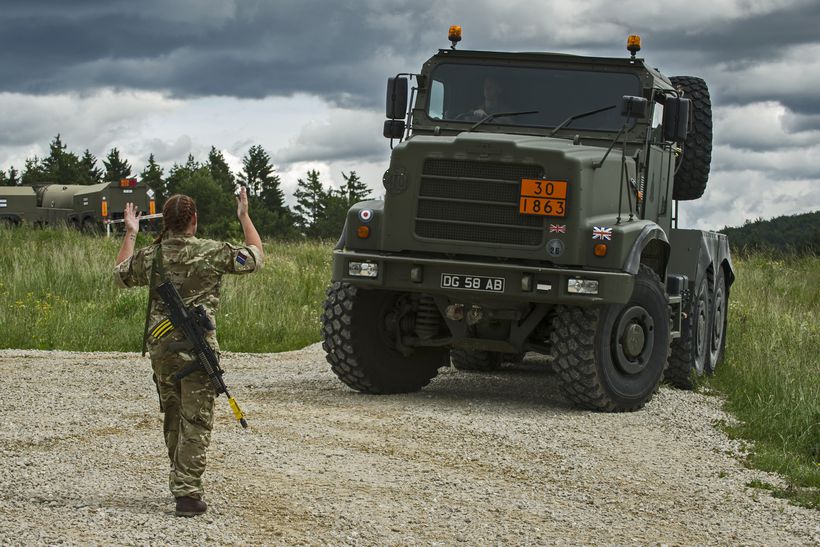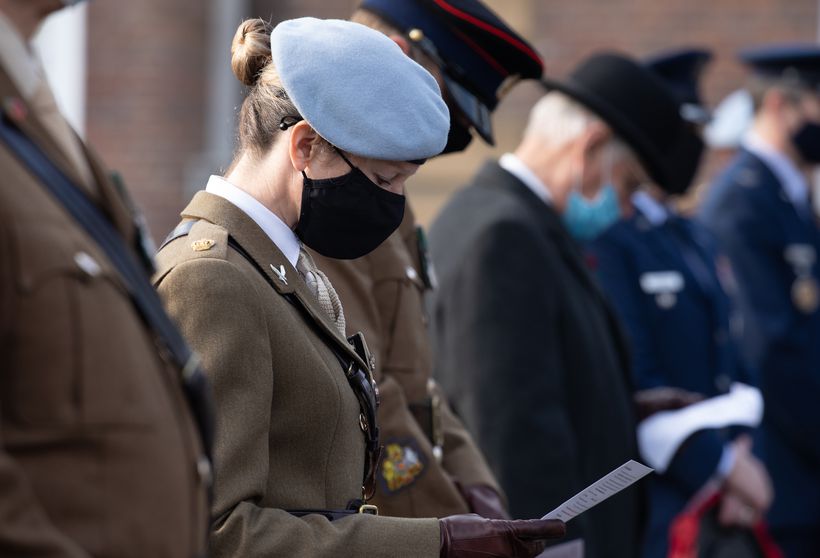Updated on
Today, the Office for Veterans Affairs (OVA) announced that new Women Veterans' Strategy to look at experiences of former female service personnel will be launched this year. The strategy is said to focus on improving mental health, physical welfare, and employment. This announcement comes as the Armed Forces community is set to mark five years since all roles within the services were opened to women, ending longstanding discrimination against female personnel.
While Help for Heroes has welcomed this strategy, it is calling upon the Government to ensure that it focuses on addressing the disproportionate rates of musculoskeletal injuries and sexual harassment experienced by women serving in our Armed Forces and how this impacts them as veterans.
Across the three services, women make up 11 per cent of the UK Regular Forces and 15.1 per cent of the Reserves, and there are an estimated 251,400 female veterans living in England and Wales.
A recent inquiry by the Defence Select Committee highlighted that ‘three-quarters of the currently serving female personnel who engaged in this inquiry told us about inappropriate, ill-fitting uniform and body armour, which placed them at greater risk of harm in combat’ and contributed to a higher proportion of women suffering from physical and preventable injuries to muscles, ligaments, nerves, or tendons compared to male counterparts. Such injuries are entirely preventable but require a cultural shift in planning and procurement to ensure the next generation of female veterans do not experience similar disadvantage.
This same inquiry found that nearly 62 per cent of female Service personnel and veterans surveyed had experienced bullying, harassment, and discrimination (BHD), including sexual assault and other criminal sexual offences. Statistics from the Ministry of Defence (MOD) reveal that servicewomen were nearly twice as likely to experience BHD in 2020 as servicemen, and, in 2021, servicewomen were more than 10 times as likely as servicemen to experience sexual harassment.
James Needham, Help for Heroes CEO commented,
"We welcome the much-needed focus on issues affecting women veterans and hope to feed into the development of this strategy. However, prevention is better than cure. Too often the most serious injustices for female veterans occur while they are still in service. They cannot be wholly cured through a veterans’ only focus. This strategy is part of the solution, but the OVA and MOD must coordinate efforts bring forward wholesale recruitment to transition reform.”




